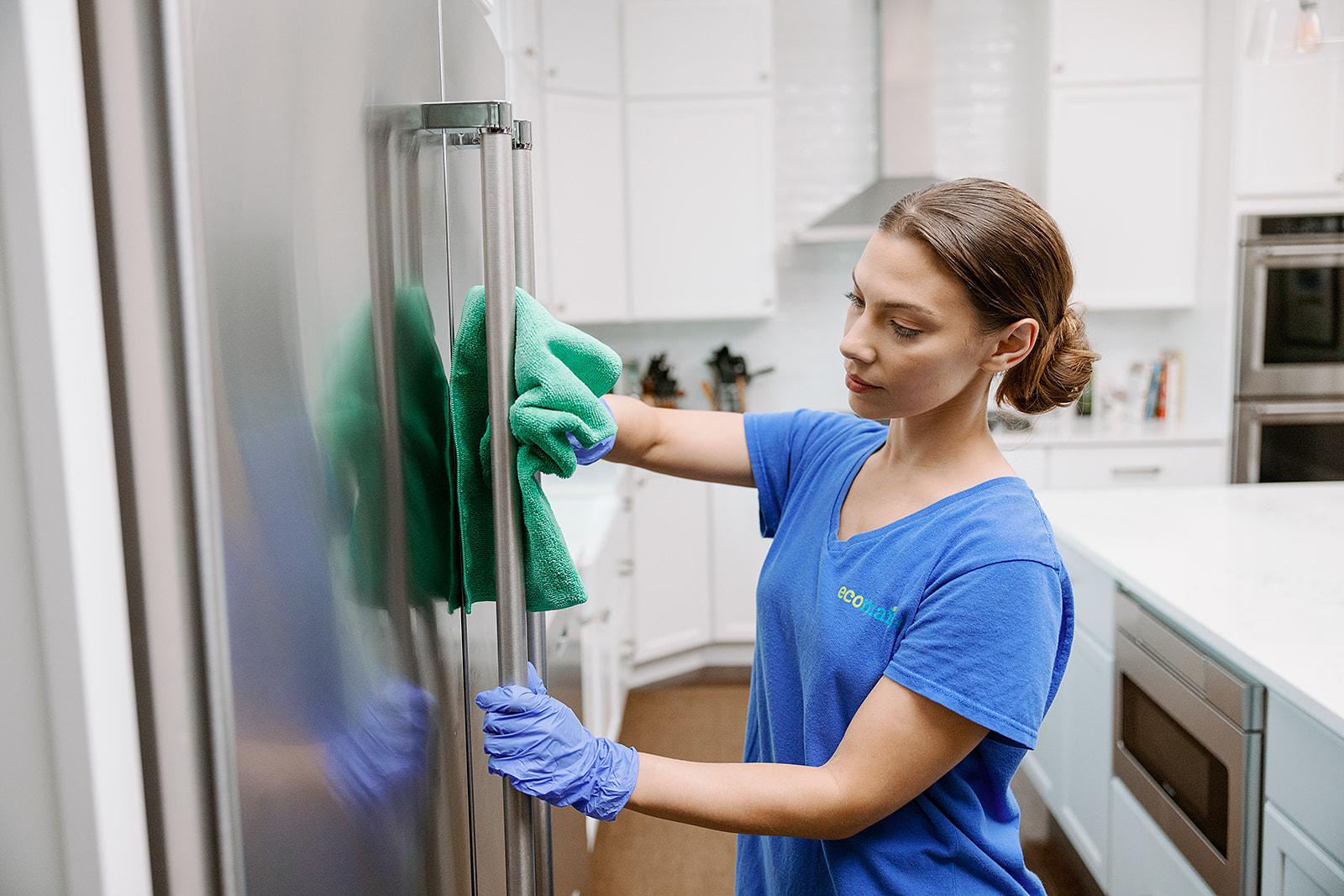Industrial cleaning is a critical aspect of maintaining safety, efficiency, and productivity in manufacturing plants, warehouses, and other industrial facilities. Unlike regular cleaning, industrial cleaning involves specialized techniques, equipment, and chemicals to handle heavy-duty dirt, grease, and hazardous materials. This guide explores the importance of industrial cleaning, best practices, and the latest solutions to keep your facility spotless and compliant.Why is industrial cleaning so important? Here are some key reasons:
- Safety: Accumulated dirt, grease, or chemical residues can create slip hazards or even lead to fires.
- Compliance: Many industries are subject to strict hygiene and safety regulations.
- Equipment Longevity: Regular cleaning prevents machinery from clogging or corroding.
- Product Quality: Clean environments reduce contamination risks in production areas.
When it comes to industrial cleaning, not all methods are created equal. Below are some of the most effective techniques:
- Pressure Washing: Ideal for removing stubborn grime from floors, walls, and equipment.
- Steam Cleaning: Uses high-temperature steam to sanitize surfaces without harsh chemicals.
- Chemical Cleaning: Specialized solvents break down oil, grease, and other tough residues.
- Ultrasonic Cleaning: Perfect for small parts and components that require precision cleaning.
Choosing the right equipment is equally important. Here are some must-have tools for industrial cleaning:
- Industrial Vacuums: Designed to handle large volumes of debris and hazardous materials.
- Scrubbers and Sweepers: Automated machines for large floor areas.
- High-Pressure Washers: For deep cleaning outdoor areas and heavy machinery.
- Personal Protective Equipment (PPE): Gloves, goggles, and respirators to ensure worker safety.
Implementing a robust industrial cleaning program requires careful planning. Follow these steps to get started:
- Assess Your Needs: Identify high-risk areas and prioritize them.
- Select the Right Methods: Choose techniques based on the type of dirt and surface.
- Train Your Team: Ensure staff are properly trained in equipment use and safety protocols.
- Monitor and Improve: Regularly review your cleaning processes for efficiency.
Industrial cleaning is not just about aesthetics; it’s a vital part of operational excellence. By adopting the right practices and tools, you can create a safer, more efficient, and compliant workplace. Whether you’re dealing with oil spills in a factory or dust buildup in a warehouse, a proactive cleaning strategy will save you time and money in the long run.

